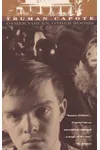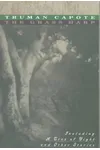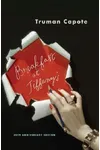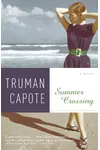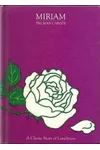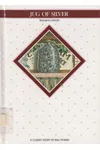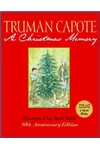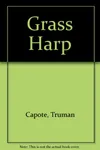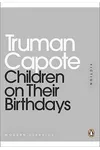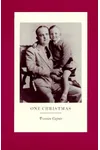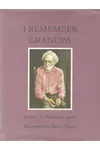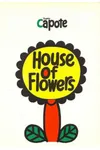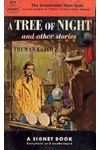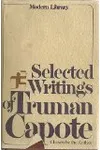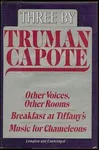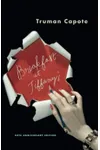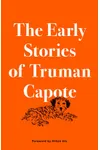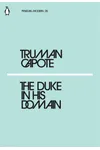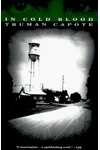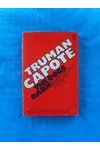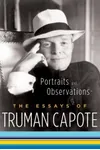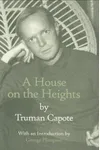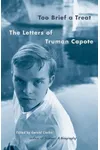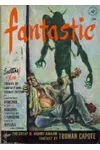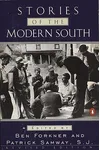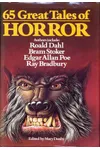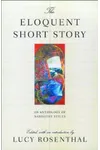Picture a Southern storyteller who spun tales so vivid they changed how we see the world—meet Truman Capote! Born in 1924, this American literary icon blended razor-sharp prose with a knack for capturing human quirks, from glamorous socialites to small-town killers. His groundbreaking In Cold Blood redefined storytelling, while Breakfast at Tiffany’s gave us the unforgettable Holly Golightly.
Capote’s life was as colorful as his stories. From a lonely childhood to dazzling New York’s literary scene, he wrote with a voice that was bold, intimate, and unmistakably his. Let’s dive into the world of Truman Capote, where every page sparkles with wit and truth.
The Making of Truman Capote
Truman Capote, born Truman Streckfus Persons in New Orleans, grew up amid hardship. His parents’ divorce left him shuttling between relatives in Alabama, where he found solace in writing. A precocious child, he typed stories on a gifted typewriter by age 11. His early years with his cousin Harper Lee, who later wrote To Kill a Mockingbird, shaped his love for storytelling. By his teens, Capote was publishing short stories, catching the eye of editors. Moving to New York, he landed a job at The New Yorker, setting the stage for his literary rise.
Truman Capote’s Unforgettable Stories
Capote’s works are a masterclass in blending elegance with raw emotion. His novella Breakfast at Tiffany’s (1958) introduced Holly Golightly, a charming, enigmatic socialite whose free spirit captured post-war America’s imagination. Its blend of glamour and melancholy made it a cultural touchstone, later immortalized on film. Then came In Cold Blood (1966), a ‘non-fiction novel’ that recounted the brutal murder of a Kansas family. Capote spent years researching, interviewing killers, and crafting a chilling narrative that reads like fiction but is rooted in fact. This work revolutionized true crime and literary journalism.
His earlier novel, Other Voices, Other Rooms (1948), explored identity and isolation through a young boy’s coming-of-age in the South, showcasing Capote’s lyrical style. Short stories like ‘A Christmas Memory’ revealed his tender side, drawing from childhood memories. Capote’s writing—sharp, evocative, and deeply human—blurred lines between fiction and reality, inviting readers into worlds both dazzling and dark.
Why Truman Capote Matters
Truman Capote didn’t just write stories; he reshaped how we tell them. In Cold Blood pioneered the true crime genre, inspiring countless books, films, and podcasts. His ability to humanize complex characters, from murderers to socialites, challenged readers to see the world through others’ eyes. Capote’s influence extends to modern writers like Joan Didion and Tom Wolfe, who adopted his immersive storytelling. Despite personal struggles with fame and addiction, his legacy endures in every page he wrote, proving that great stories can transcend time.
- Born: September 30, 1924, in New Orleans, Louisiana
- Key Works: Breakfast at Tiffany’s, In Cold Blood, Other Voices, Other Rooms
- Notable Achievement: Pioneered the non-fiction novel
- Died: August 25, 1984, in Los Angeles, California
Ready to meet Holly Golightly or dive into a real-life mystery? Grab In Cold Blood or Breakfast at Tiffany’s and discover Truman Capote’s dazzling world of wit and wonder!
